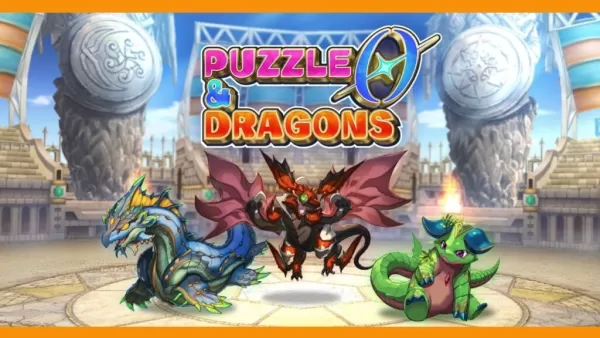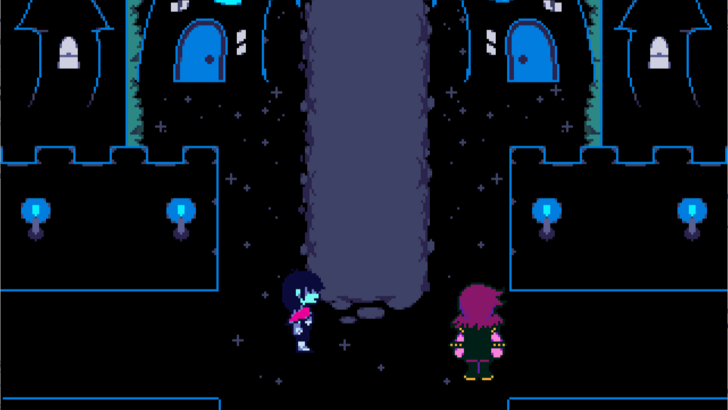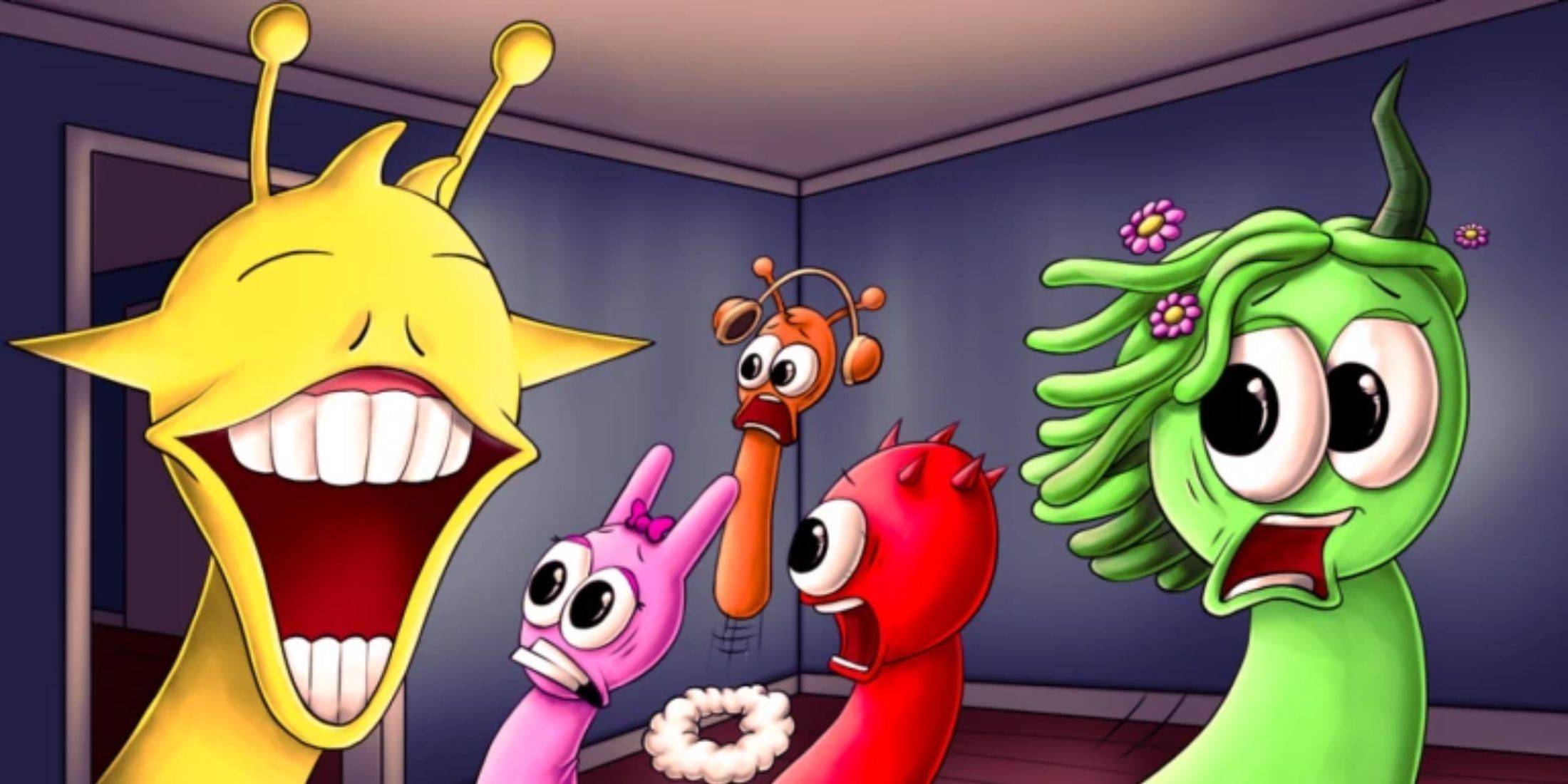
The "AAA" label in game development is losing its relevance, according to many developers. Initially signifying massive budgets, high quality, and low failure rates, it's now widely seen as a marker of profit-driven competition that stifles innovation and compromises quality.
Revolution Studios co-founder, Charles Cecil, calls the term "silly and meaningless," a relic of a period where increased publisher investment didn't translate to improved games. He argues the industry shifted negatively.
Ubisoft's "AAAA" title, Skull and Bones, serves as a prime example. A decade of development culminated in a failed launch, highlighting the inadequacy of such labels.
Criticism extends to major publishers like EA, accused by players and developers alike of prioritizing mass production over audience engagement.
Conversely, indie studios frequently produce games that resonate more deeply than many "AAA" titles. The success of games like Baldur's Gate 3 and Stardew Valley proves that creativity and quality surpass budget size.
The prevailing belief is that profit maximization hinders creativity. Risk aversion among developers leads to a stagnation of innovation in large-scale game production. A fundamental shift in industry approach is necessary to recapture player engagement and inspire a new generation of game creators.








![Taffy Tales [v1.07.3a]](https://imgs.xfsxw.com/uploads/32/1719554710667e529623764.jpg)











